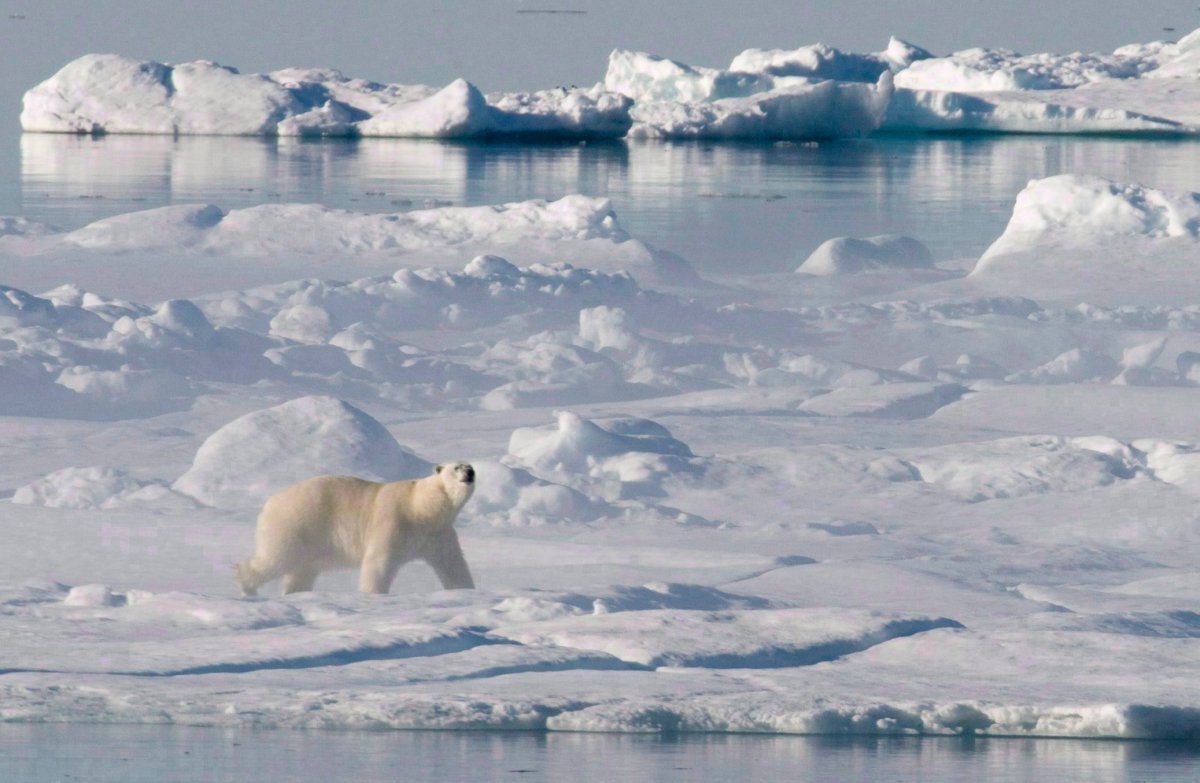As Prime Minister Stephen Harper announces further sanctions against Russia, it’s patently clear: Canada’s relations with Russia are on ice.

Except in the Arctic, that is.
Some Russians have been expelled from Canada; travel bans and asset freezes are in place.
But Canada attended a closed-door meeting with Russia and other members of the Arctic Council in Helsinki last week, discussing the future of international collaboration for observation of the Arctic.
Friday marked the end of a four-day series of meetings associated with Arctic Council projects including the Sustaining Arctic Observing Networks initiative, a group of international organizations and northern residents coordinating Arctic data.
Environmental scientists, governmental representatives and indigenous Arctic groups were scheduled to be present at the meeting April 10-11.
David J. Scott, executive director of the Canadian Polar Commission, was in attendance.
Sergey Goncharov – the former KGB commander and deputy chair of the Duma’s security committee, who represented the Russian legislature – and Igor Ashik, an oceanologist with Russia’s Arctic and Antarctic Research Institute, were also scheduled to be there.
Canada and Russia are permanent member states on the Arctic Council.
The Canadian Polar Commission is a government department dealing with the study and communication of Arctic Issues.
- Life in the forest: How Stanley Park’s longest resident survived a changing landscape
- ‘Love at first sight’: Snow leopard at Toronto Zoo pregnant for 1st time
- Carbon rebate labelling in bank deposits fuelling confusion, minister says
- Buzz kill? Gen Z less interested in coffee than older Canadians, survey shows
The meetings in Helsinki occurred during the Arctic Observing Summit, a series of business meetings focused on coordinating an international system of Arctic observation.
While some of the summit’s meetings were open to anyone who registered for 150 Euro, these were classified as “Closed business meetings,” with general attendance not permitted.
In late March, a spokeswoman for Environment Minister Leona Aglukkaq told the Canadian Press that the Prime Minister asked Canadian officials to review all bilateral interactions with Russia at an Arctic Council meeting that month in Yellowknife.
The same week, Transport Minister Lisa Raitt said her department has cut off its points of contact with Russia as a result of the crisis in Ukraine.
The Canadian Press reported that Raitt, addressing the Canadian American Business Council in Washington, hinted Russia’s status as a member of the Arctic Council may be under review.
But Raitt said she couldn’t speak to the file, as it was under the Environment portfolio.
A spokesperson for Environment Canada directed questions to Foreign Affairs, which did not respond to questions from Global News over the course of several days.
Canada has castigated Russia multiple times over the latter’s annexation of Crimea and aggression in the Ukraine. Canada has put sanctions in place against many top Russian officials, cut off bilateral military cooperation and last week expelled a diplomat.
The Arctic Council’s mandate does not mention issues of defense, focusing instead on environmental protection.


Comments